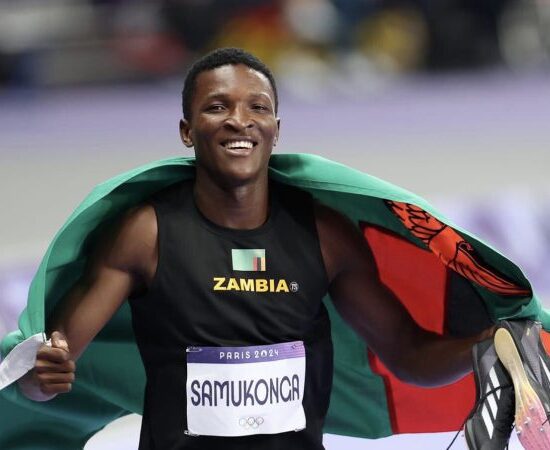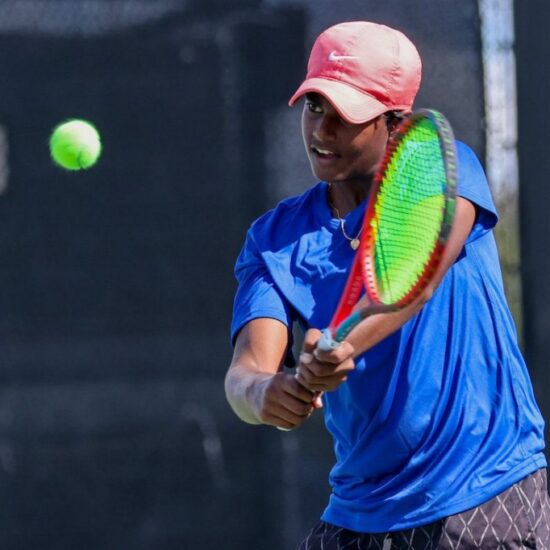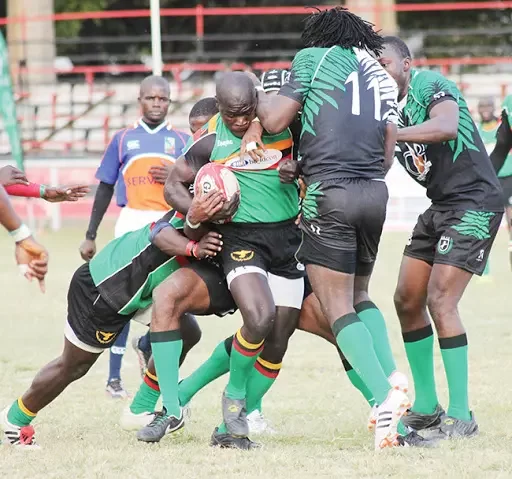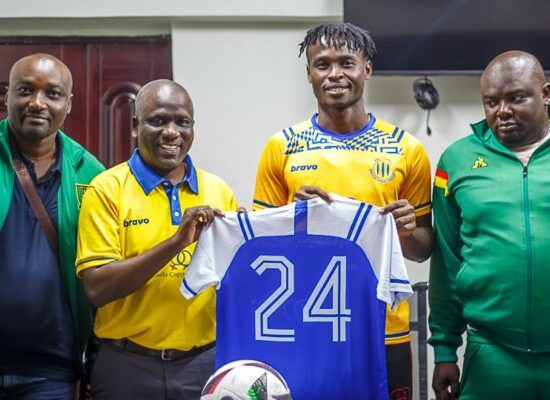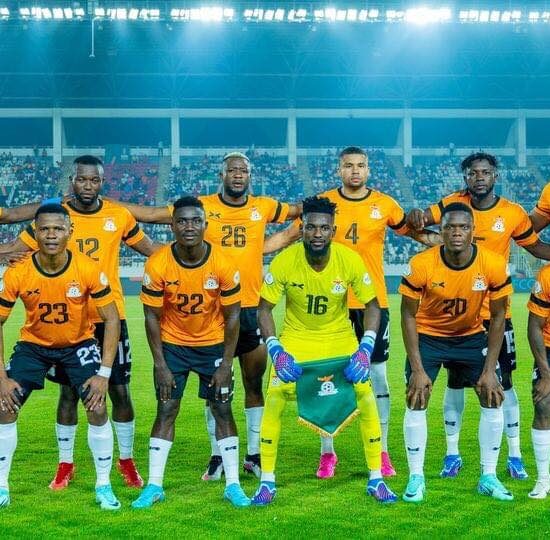
The Zambia Swimming Union – ZASU has called on both public and private sector support to ensure that state of the art and Olympic standard swimming facilities are installed in all the ten provinces of Zambia to enable the country have a representative national league.
Even though Zambia has and continues to competed well in many international swimming competitions, swimming is one sport that has not really been given public attention as many council pools have either been privatized or closed altogether.
Speaking in an exclusive interview with the Zambian Business Times – ZBT, Zambia Swimming Union President Guy Phiri says lack of swimming pool infrastructure is one the biggest challenges ZASU have faced and is one factor that has slowed down their penetration into all 10 provinces of Zambia.
“We are in about five of the ten provinces in the country. Its not good enough but our thrust is to get swimming in all corner of Zambia, all ten provinces must have representation through swimming clubs that compete in the national league, so it is a process we’ve started. Our challenge is to get infrastructure in the outlined area but we are getting there”, he said.
This limitation in swimming infrastructure has at times forced our top swimmers to train in South Africa (University of Pretoria) so that they can swim in state of the art swimming and international standard pools. Swimming is much more technical than meets the eye and needs specialists engagement to produce world class swimmers.
Furthermore Phiri disclosed that the union understands that government has other commitments like the public health and education needs more attention but advised that the Ministry of Sport must at least have a fixed budget for all the major sport federations. Lack of a fixed budget makes it hard to come up with plans as its uncertain whether funds will be received or not.
“We understand that the government has other more pressing needs in different sectors. But what we are trying to promote, is that every year they should budget a fixed amount to every or strategic sporting federations so that we can plan”.
“You can’t plan if you don’t know whether you will be given something or not from the sports council [of Zambia]. But if you know that every year you are going to get say K100,000 or K200,000, then you can make plans, because you know you will get the money. But we can’t plan because its guess work as to whether we will get the money or not. I think there needs to be consistency in terms of funding and allocation”, Phiri told ZBT.
However. ZASU is fortunate enough to have alternative sources of funding from organizations like the International Youth Olympic committee and Federation Internationale de Natation” (FINA), one needs to apply for the grant and explain what the grant is for.
We are lucky because of our record as a strong federation and have a reputation that we are very organized, we have been able to source funding from international organizations. We have up to-date and audited financial accounts.
We attract funding from the International Olympic Committee and FINA, they send us about K500,000 every year because they have seen what we are doing and like our programs. But we have to apply for the grants, it’s not like they freely give us, but we need to tell them what we are going to do with the money and you need to demonstrate that you are accountable”, he said.
Sports analysts however indicate that Zambia’s international junior sports fortunes can best be revived if sports associations like ZASU and even FAZ utilize the existing and vast public and private schools system to set up training facilities and competitions across all the ten provinces of Zambia.
The use of both public and private primary and secondary schools to promote sport enables cost sharing, leverages the already existing learning environment and massive number of children most of whom attend various schools to have a bigger talent pool to pick from.
Moreover, school going children are taken care of by their households and all the federations and sports unions have to do is to arrange regional and national championships and sponsorships as well as grants for improving and upgrading sports infrastructure at school and national level for junior sports.


